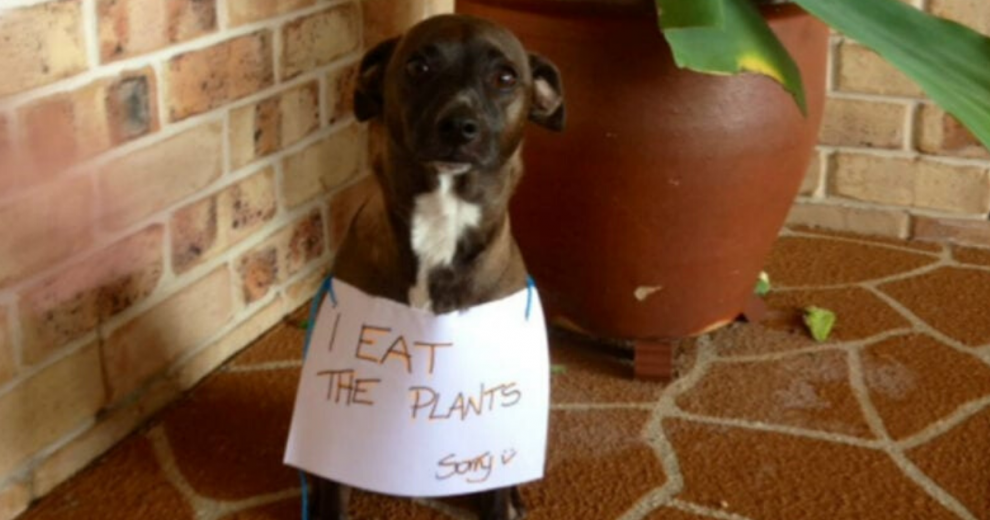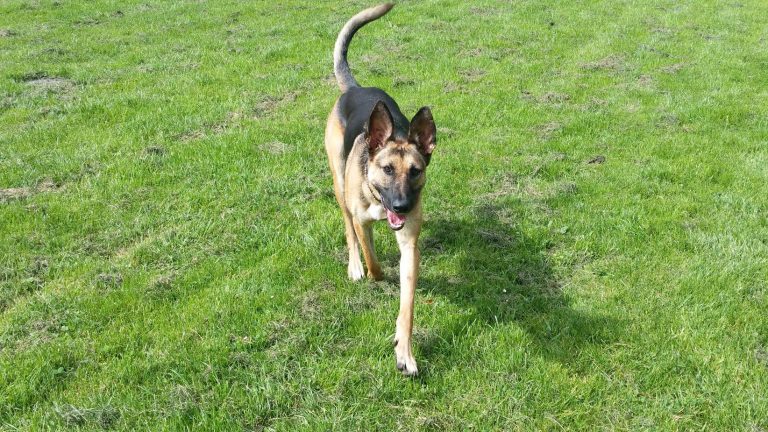Plants add atmosphere to your home and garden, but some species are toxic to dogs - especially for curious pups who like to nibble. Below are 11 common plants plus the main symptoms after ingestion. Unsure if your dog has eaten something toxic? Contact your veterinarian immediately.
The 11 plants and their symptoms
1. Daisies (Daisy).

Innocent-looking, but can lead to vomiting, diarrhea and excessive urination. Don't let your dog graze in borders with lots of daisies.
2. Garlic plant (Allium species).

Can damage red blood cells and produce symptoms such as vomiting, dark-colored urine, rapid heartbeat and panting.
3. Aloe vera

For humans fine, for puppies not: can vomiting, diarrhea, changed urine color and sluggishness cause.
4. Crassula (Jade plant)

Exact toxin unknown; note vomit and depressive behaviour After gnawing on leaves.
5. Spoon plant (Peace lily, Spathiphyllum)

Contains irritating crystals. Symptoms: mouth/tongue irritation, difficulty swallowing, drool and vomit.
6. Mint

Can gastrointestinal complaints give; with large quantities risk of liver problems by essential oils.
7. Asparagus hazards (Asparagus fern)

Contains saponins: caused abdominal pain, vomiting and diarrhea.
8. Peony

Active substance paeonol can provide vomiting, diarrhea and sluggishness.
9. Tulips

Most toxic in the sphere. Note excessive drooling, vomiting, diarrhea and lethargy. If ingested, contact your veterinarian immediately.
10. Oregano

Can upset stomach, vomiting and diarrhea cause - keep kitchen herbs out of paw reach.
11. Tomato plant

Green parts contain substances that can lead to drooling, diarrhea, drowsiness, disorientation, dilated pupils and slow heart rate.
What to do in case of (suspected) poisoning?
- Remove plant debris from the mouth and keep a piece of the plant for identification.
- Take direct contact your veterinarian and describe the symptoms and quantity.
- Avoid repetition: put poisonous plants up high or behind a fence; choose animal-friendly alternatives.
Want extra security when you're away? Arrange for a reliable pet sitter that keeps an eye on your pup and prevents plant nibbling.









